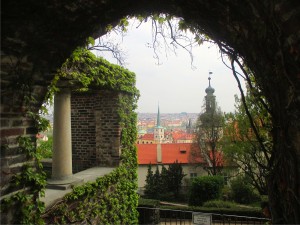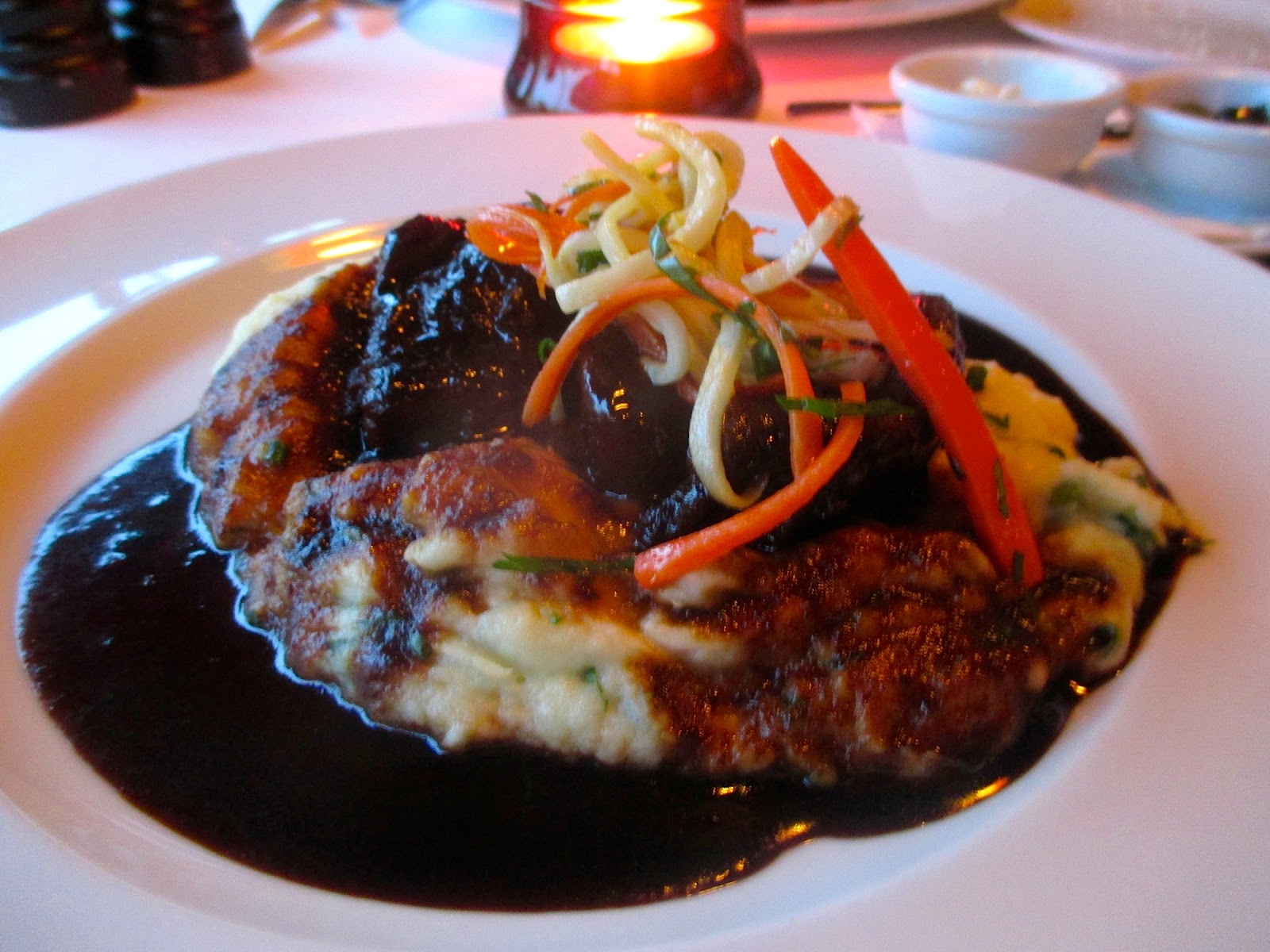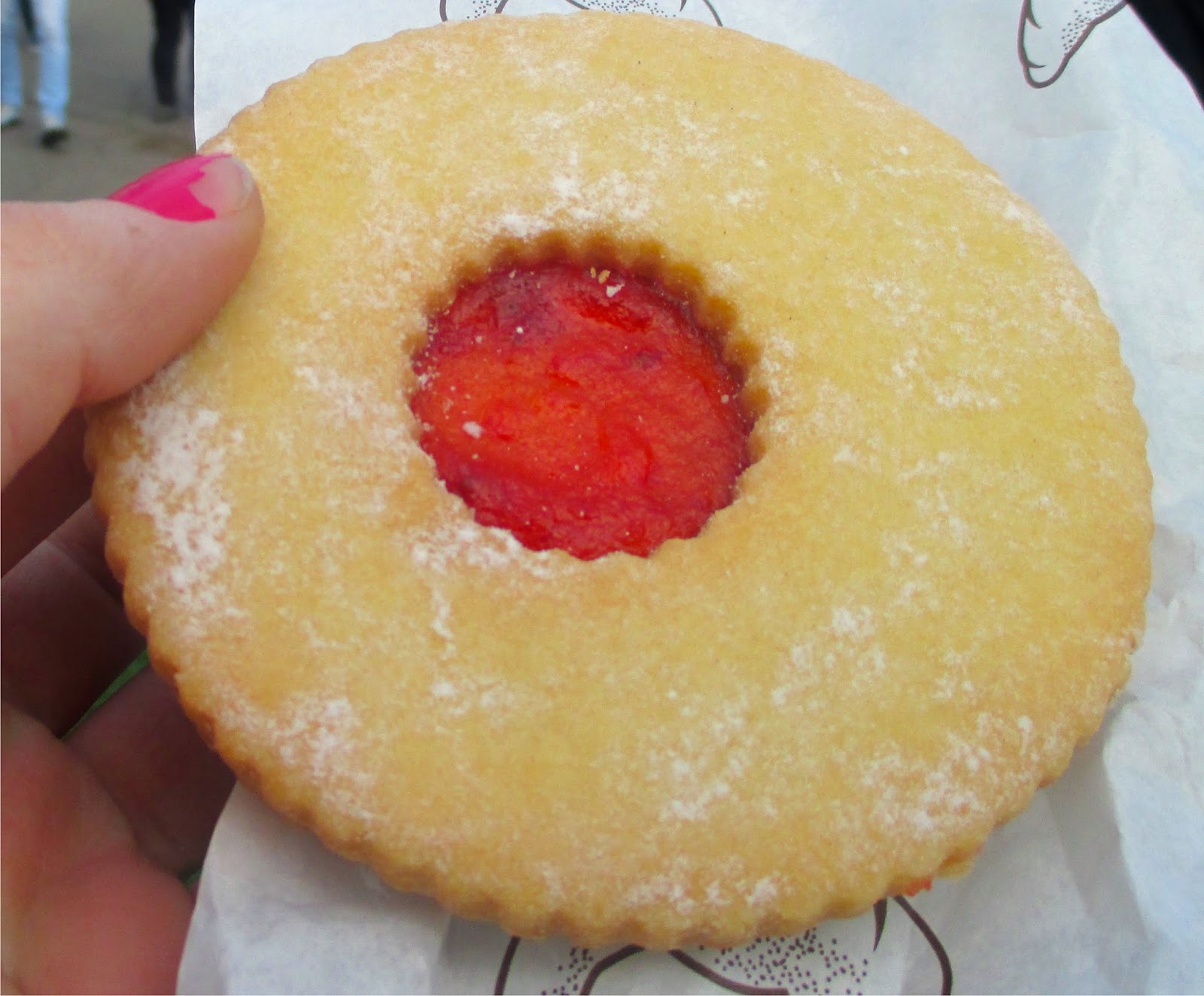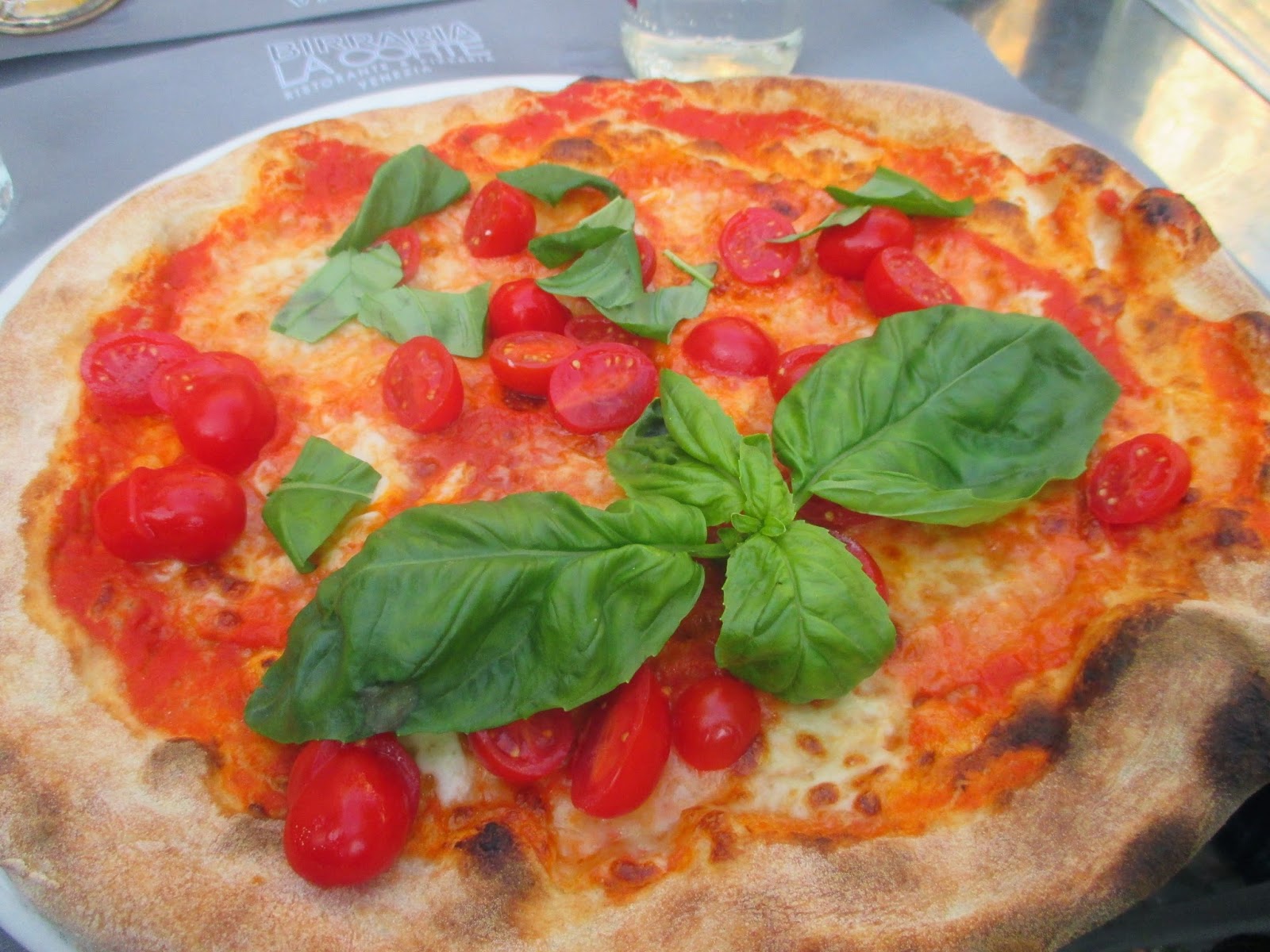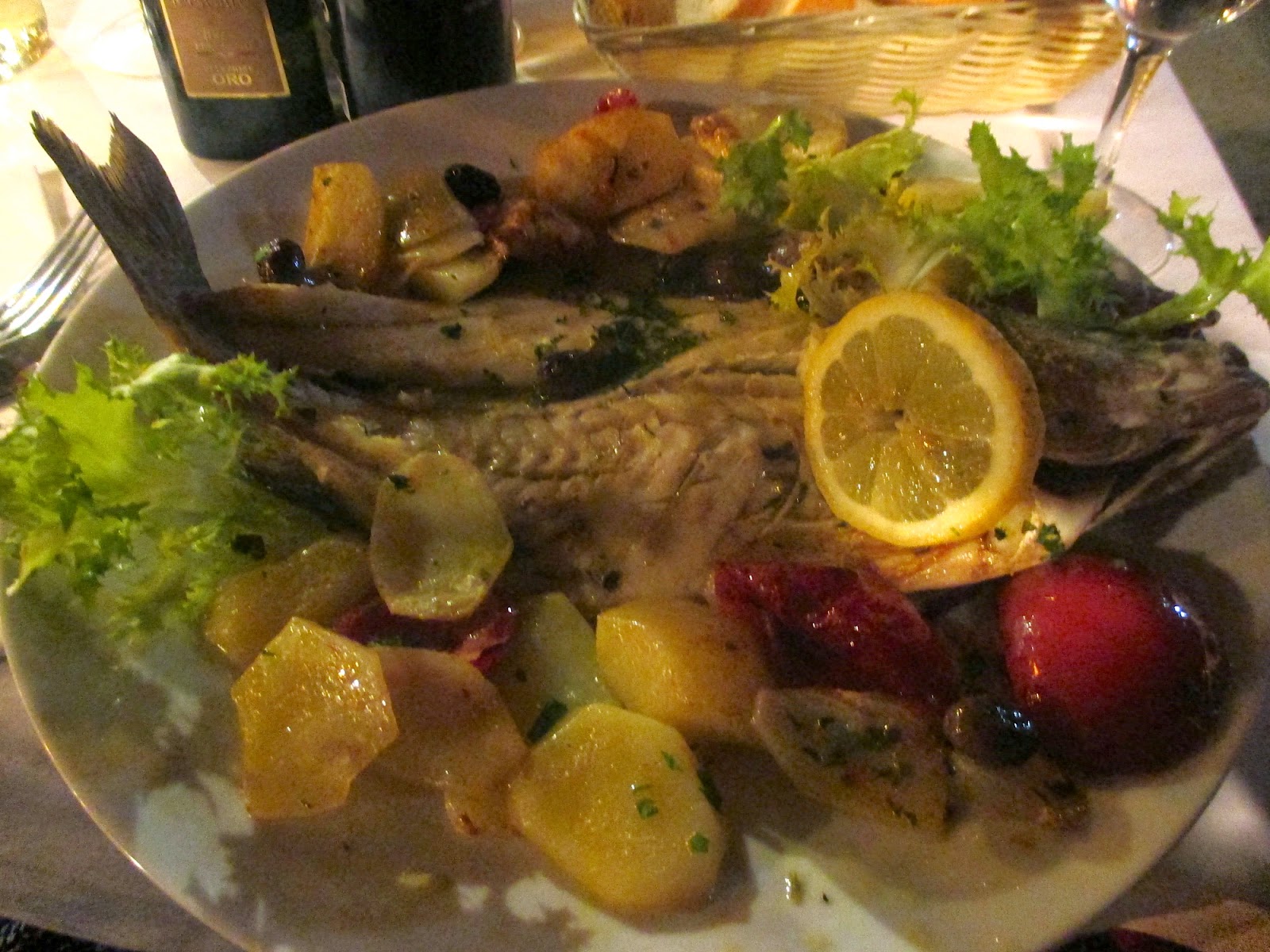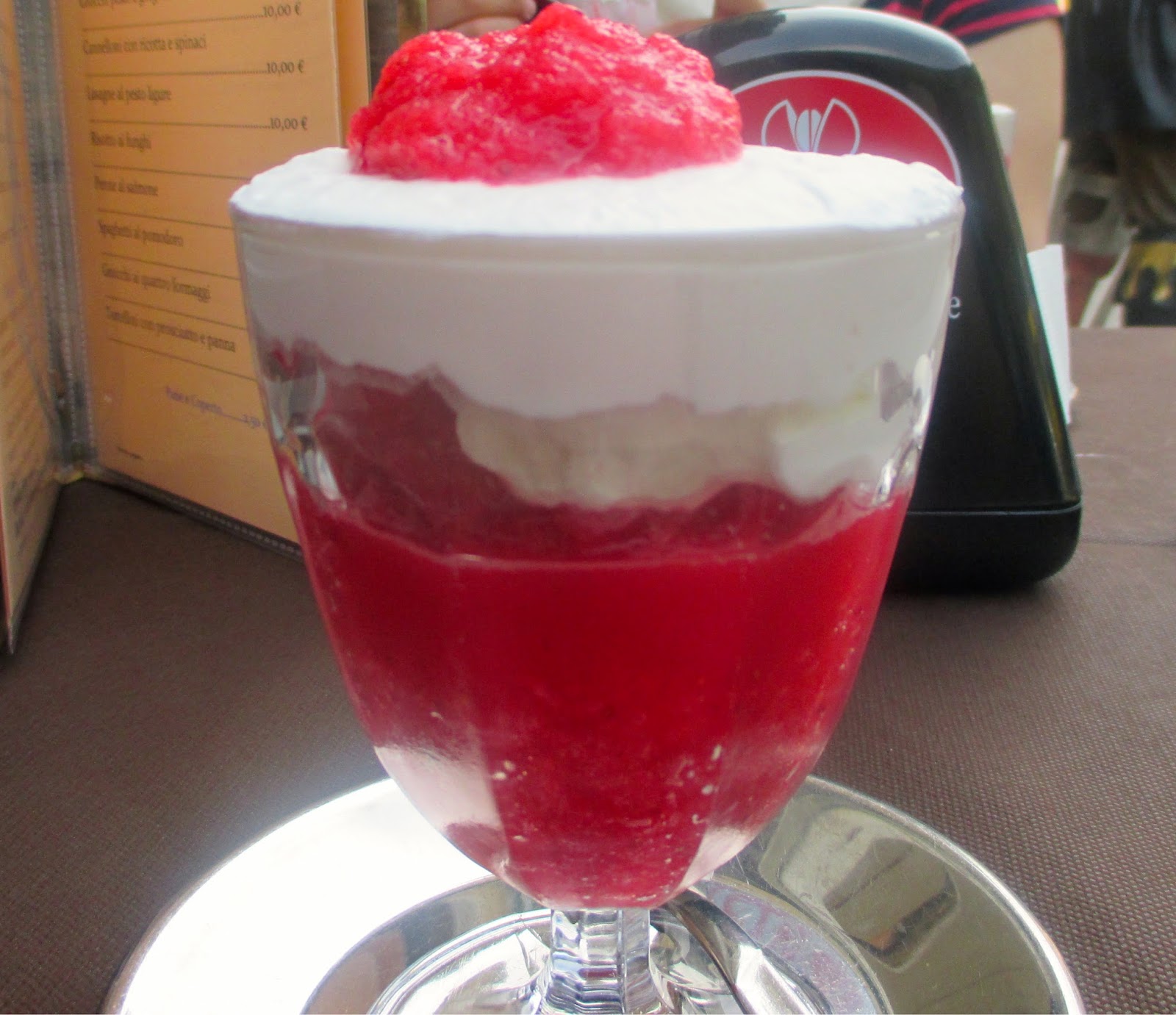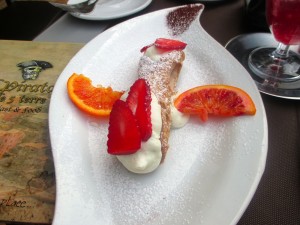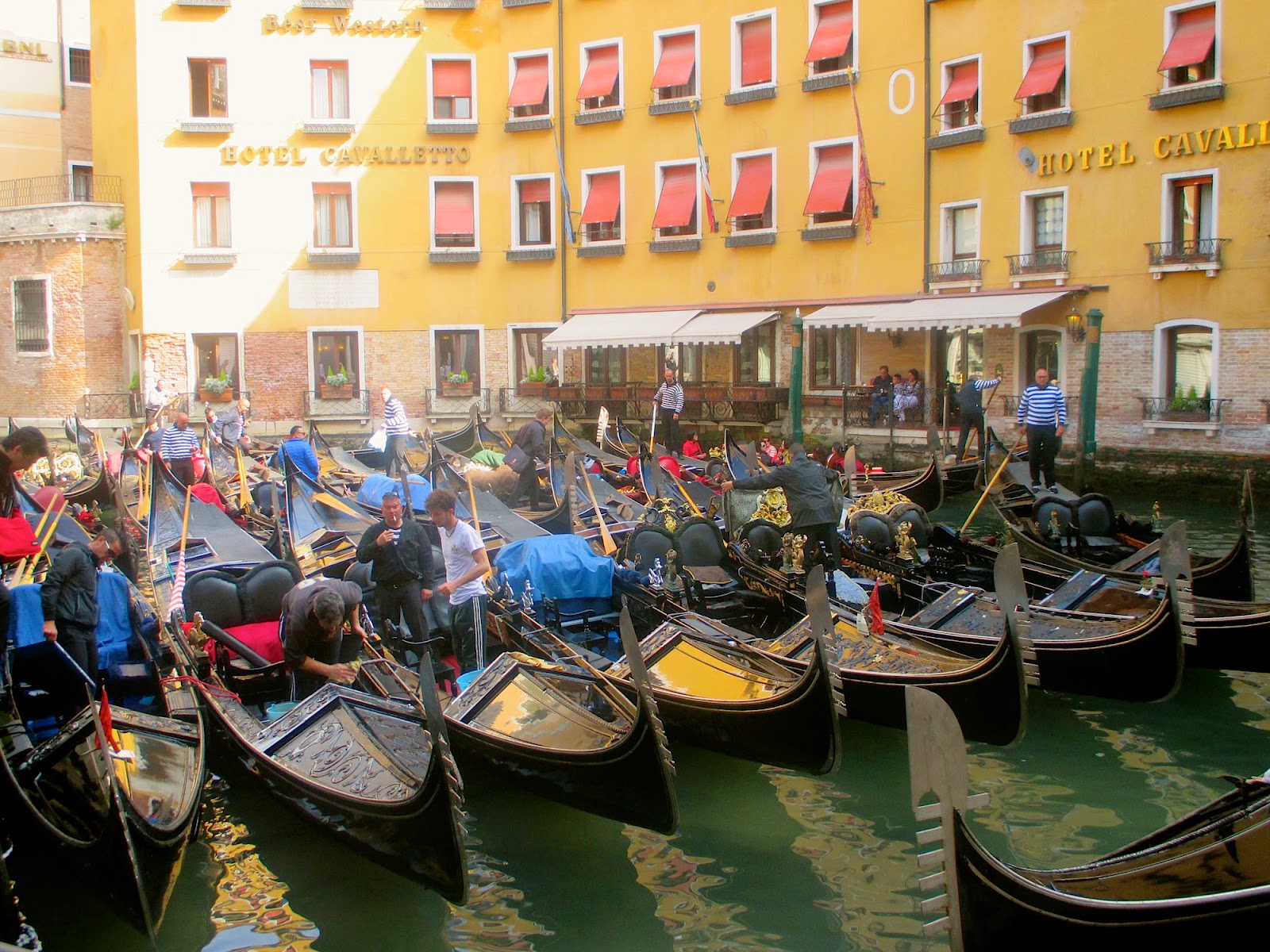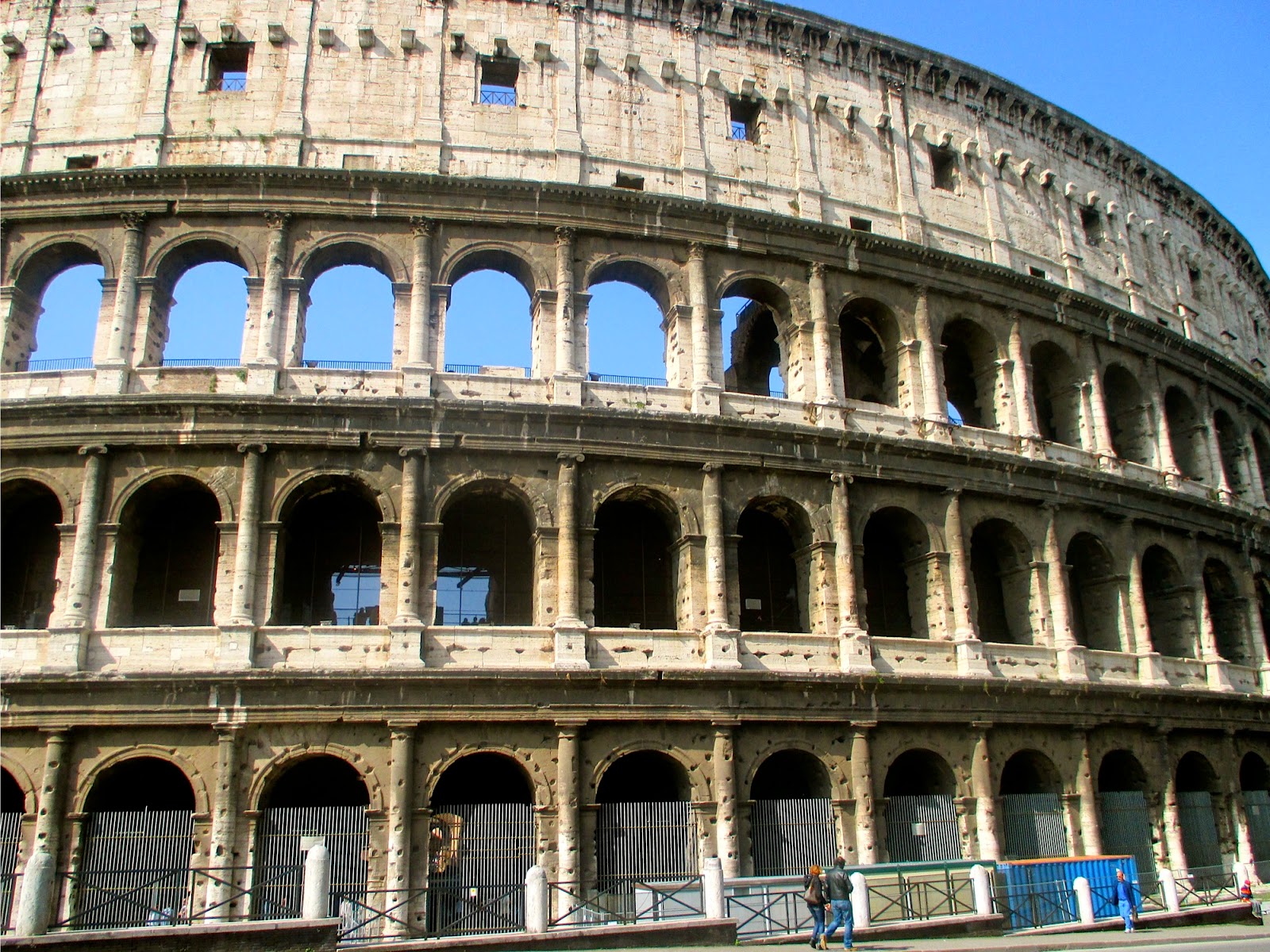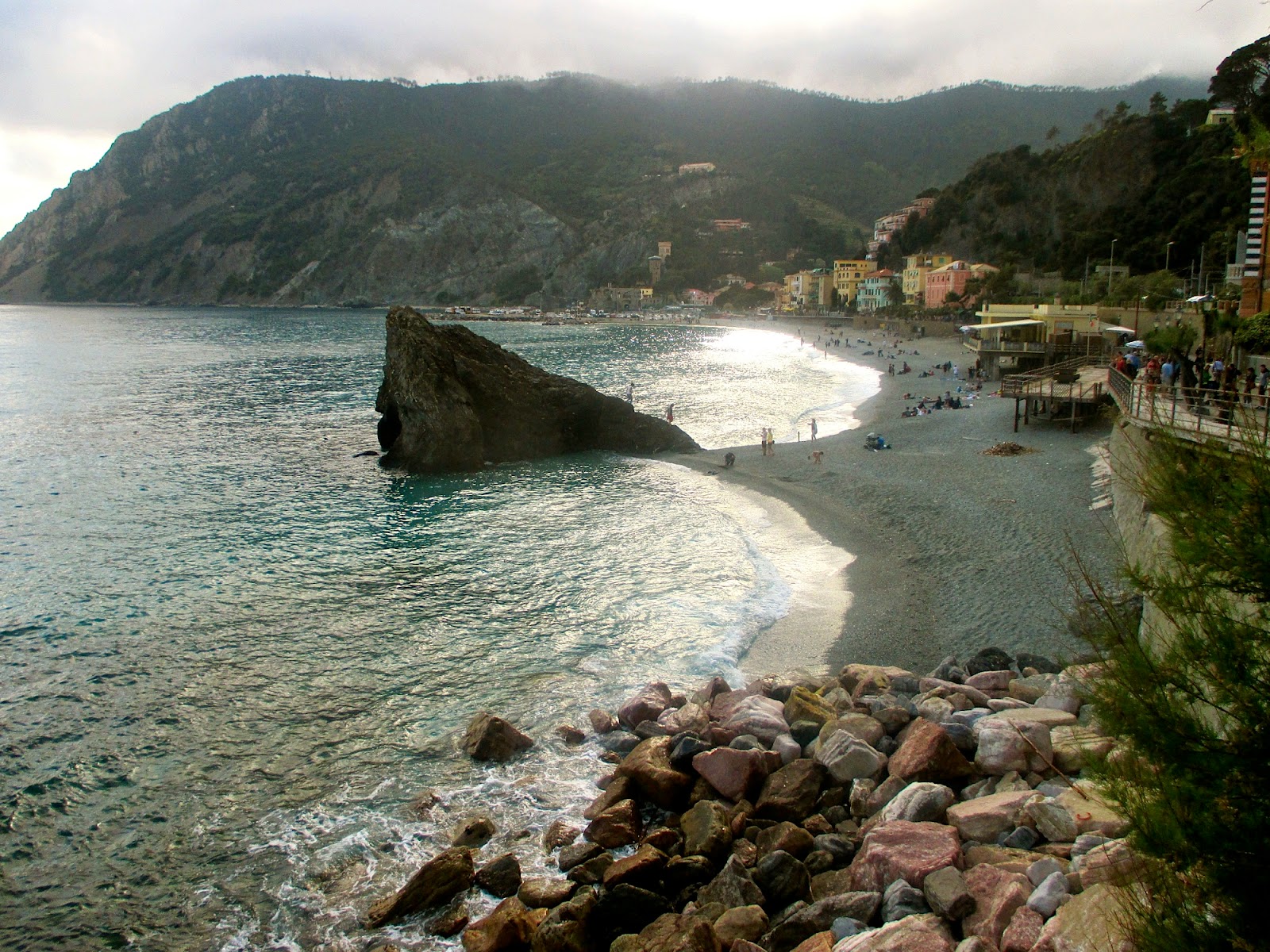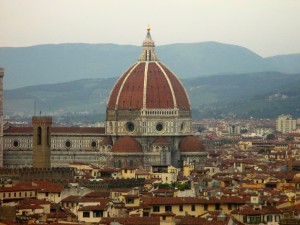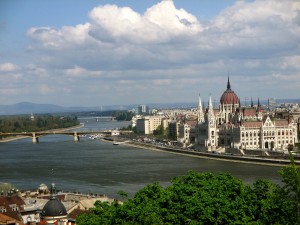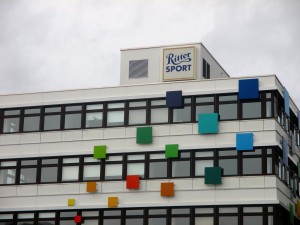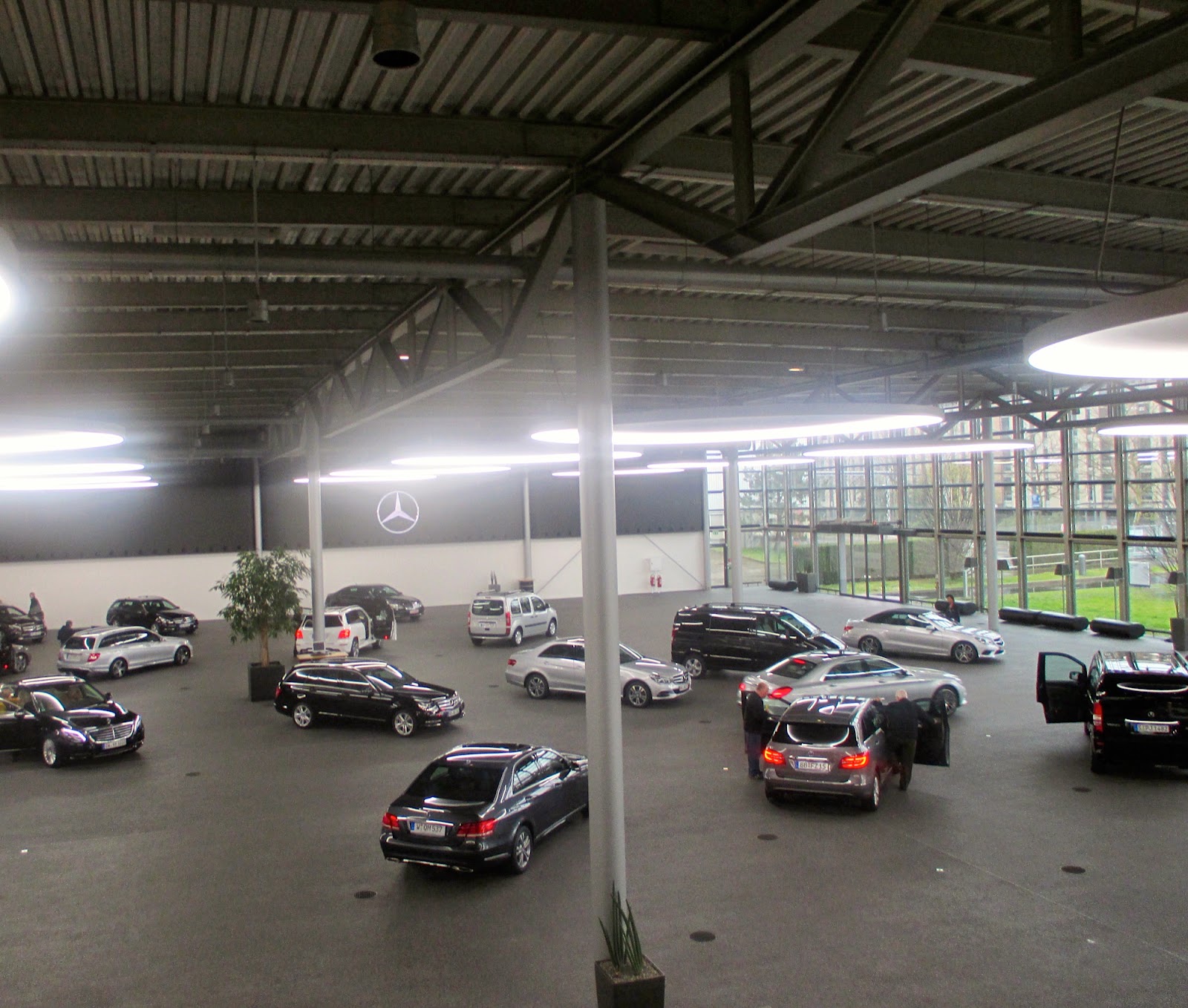It’s been a little while since I’ve posted an update on my life here. That’s mostly because I haven’t had the opportunity to travel for the past two weekends, but in that time, I’ve still had a few little adventures, and I’ve made a point of taking the time to enjoy the simple pleasures of European life. The sunny and 75 degree weather we’ve had here has really helped with that! So I’ll share a few of those little things, and then I want to switch gears and offer some practical tips for travel and hosteling. Not that I’m an expert or anything, but I’ve learned a few things I wish I had known before.
In addition to all the free time we have for international travel, there are a handful of shorter field trips organized by the program, as well as several independent day trips we can do for fun. Last month, we went to Rottweil for the Fasching, or mardi gras parade. This is a very strange, but wildly popular phenomenon here, that’s hard to compare with anything in the US. Then, there’s something the whole world can understand: The chocolate factory.
Ritter Sport, my second favorite chocolate brand, conveniently has a factory very close to Reutlingen. It has two small museums, but the real attraction is the back room of the factory store, where they sell broken chocolate, discontinued flavors, and experimental test flavors for less than half-price. I came home with about 5lbs of chocolate.
Last week, we took another field trip with our econ class to the Daimler (Mercedes) Factory. Cars aren’t really my thing, but it was interesting to learn about how they are built.
Finally, tomorrow we are going to a nearby castle and then a wine tasting event, so I’m excited, and I will report on that later.
The other way I’ve been occupying my time lately is with planning my spring break. In our 17 days, we will go to Prague, Budapest, Vienna, Venice, Rome, Cinque Terre, and Florence. I’m extremely excited about all of those places. Dozens of people have told me that Prague and Budapest are amazing, before I ever went to Paris, Vienna was my favorite city in the world, and Italy as a whole has been on my bucket list for years. It’s an amazing blessing to be able to go to all of these places, but the planning process is not easy. Here are 10 things for future study abroaders to keep in mind when planning budget travel:
1. Be realistic about distances in Europe.
Before I got here, I said I wanted to go to about 15 different countries, including Greece, Croatia, Spain, Denmark, and more. But those places are really farther away than they look on a map. Now, many people studying here in previous years have gone to these places, either by plane or overnight train. But overnight trains are just not for me, and I’d rather use my rail pass than fly, so I had to scale back my plans a little. I decided to stay closer so that I didn’t end up spending half of my trip on a train, but of course, this is a personal preference that is different for everyone.
2. Don’t be too picky about accommodations.
This one is really hard for me. Most hostels are not as nice as most hotels, and there’s no good way around that. Read reviews before you book, but try not to let one or two bad ones cancel out 100 good ones. My paranoia has taught me that if you look hard enough, you will inevitably find at least one horrifying review of every place, but odds are, your experience there will be at least ok.
3. You get what you pay for.
It’s not always best to pick the absolute cheapest hostels. In some cities, I have seen them for less than 5 euros, but something seems off about that to me. There must be a reason. Usually it has to do with the location. While it may seem convenient to stay right next to the train station, in most cities, this is generally not the best neighborhood. The hostels I have stayed in have all been between 15 and 30 euros, which is still a steal compared to hotels.
4. Don’t settle and listen to your gut.
I don’t expect luxury at any of these places, but if I have any rational reason to believe that a hostel is not clean and safe, I won’t settle. Of course you don’t really know until you get there, but odds are, if your gut is telling you no, theres a better option out there. Be patient and keep looking.
5. Have a city map before you go.
Hostels will give you city maps for free, but that doesn’t help you when you just got off the train at midnight and need to find the place. And don’t rely on cellphone GPS.
6. Know the difference between hostels and hotels.
In most hostels, the beds are bunked. You can usually get sheets at check-in, but you have to make the bed yourself. You may or may not be sharing a bathroom. Some hostels have lockouts in the middle of the day for cleaning. Some offer free breakfast, some make you pay for it, and some don’t have it. Free wifi is rare. There is usually no furniture besides beds. None of these things are really a problem, but I’m always amazed at the reviewers who whine about these things like they didn’t expect them.
7. Bring a towel, pillow liner, combination lock, and flip-flops.
Hostels can charge over 5 euros just for a towel. Some have lockers without locks. Some of the pillows could be cleaner. Be prepared, and you’ll be fine.
8. Always get the cancellation insurance.
ALWAYS. It’s about 2 extra euros.
9. Don’t wait until the last minute.
Most of the time, we haven’t had problems booking about 5 days ahead, but the earlier, the better. Especially in the bigger cities (i.e. Paris and Rome), the best places sell out faster than you’d expect.
10. Look for alternative accommodation.
Most of the time we pick hostels from popular sites like hostelworld.com, but there are other options. Some people suggest looking for “budget hotels.” In my experience, this hasn’t been a very viable option. However, with a little research, you can find some other gems. For example, we found the only hostel in the 1st district of Paris directly through their website, but it wasn’t listed on booking sites. In Rome, it’s apparently very popular to stay cheaply in convents and monasteries. Since those were booked up, we emailed the most popular hostel in the city, and even though they were full too, they directed us to their blog of recommended accommodations, where we found an affordable B&B in a great location. Sometimes you have to hunt a little or send a few emails, but it’s worth the extra effort.
So that’s my two cents about hosteling. It’s definitely a learning experience, but it can be very rewarding. I’m off to Paris again this weekend, and then break starts the week after that!
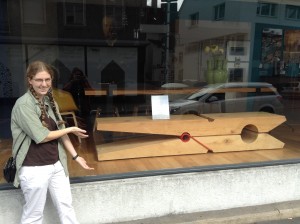
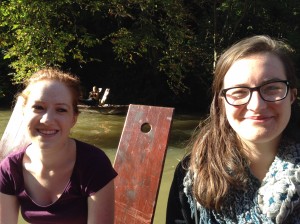
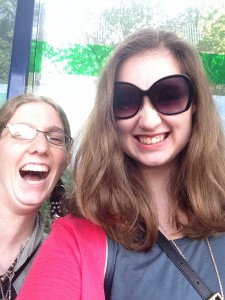
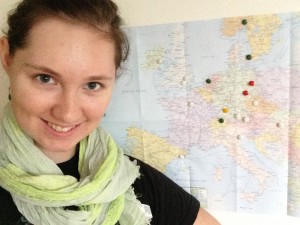
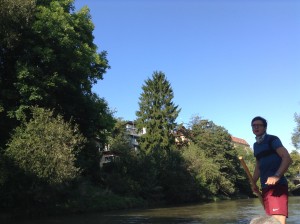
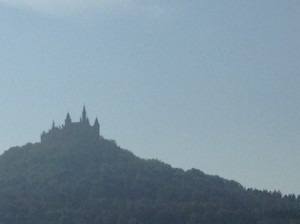
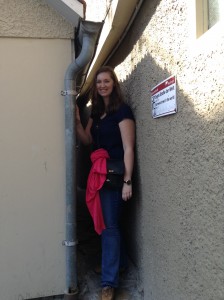
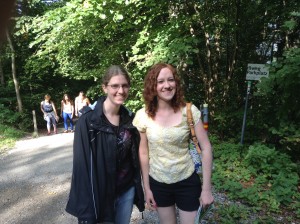
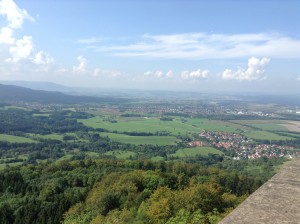
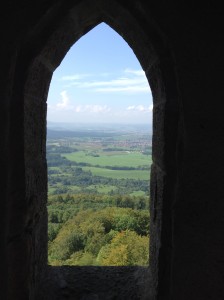
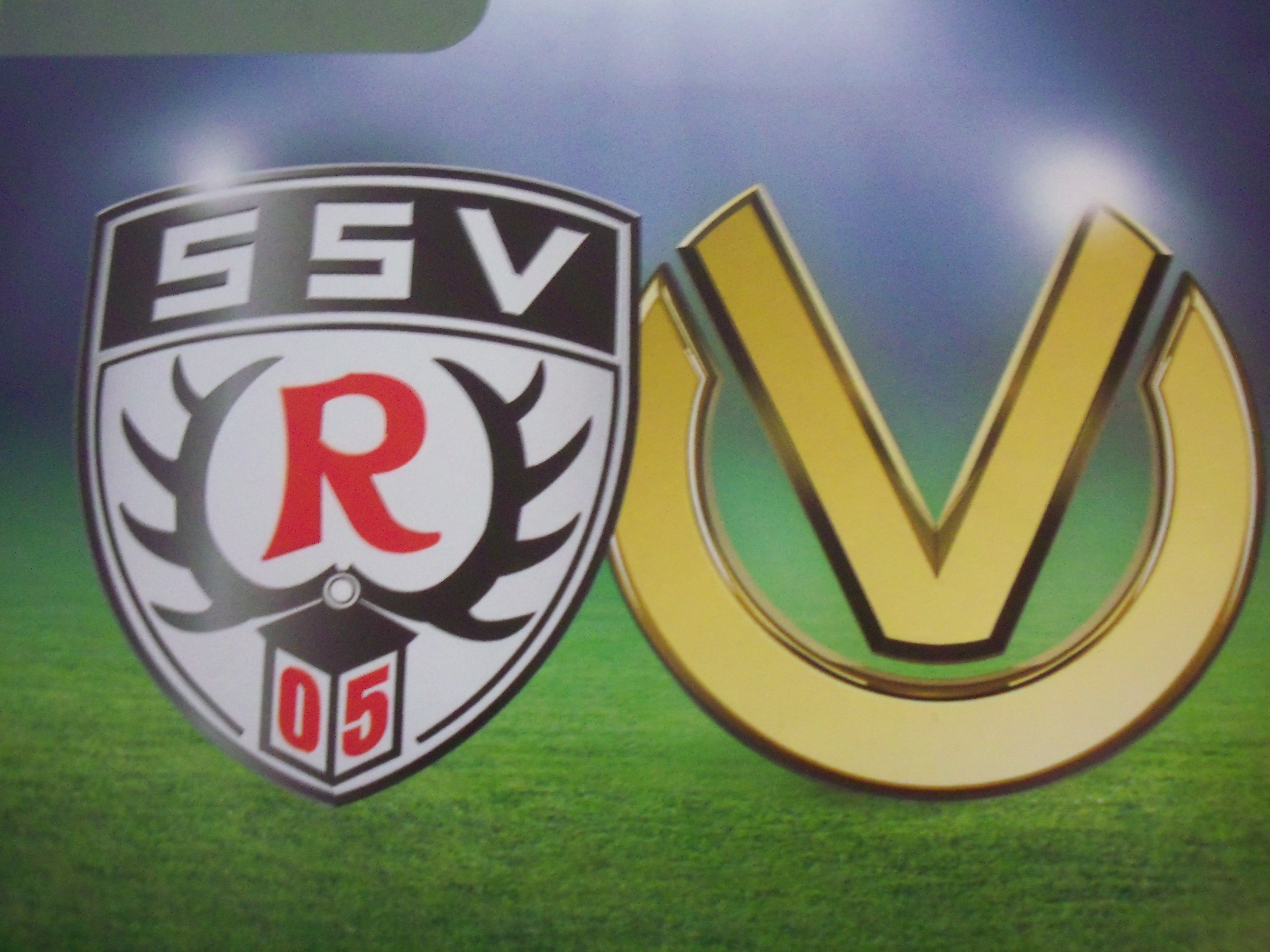
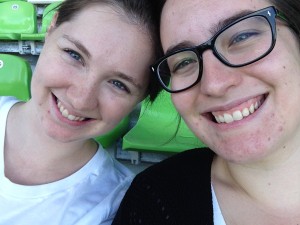
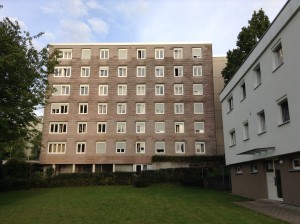
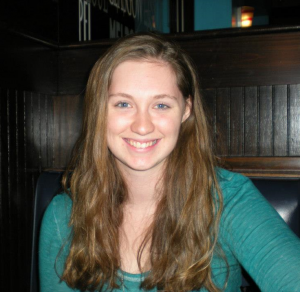
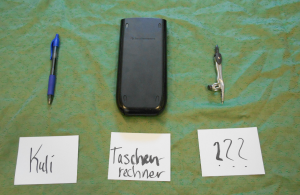 anslate the jargon as well as the industry themselves.
anslate the jargon as well as the industry themselves.